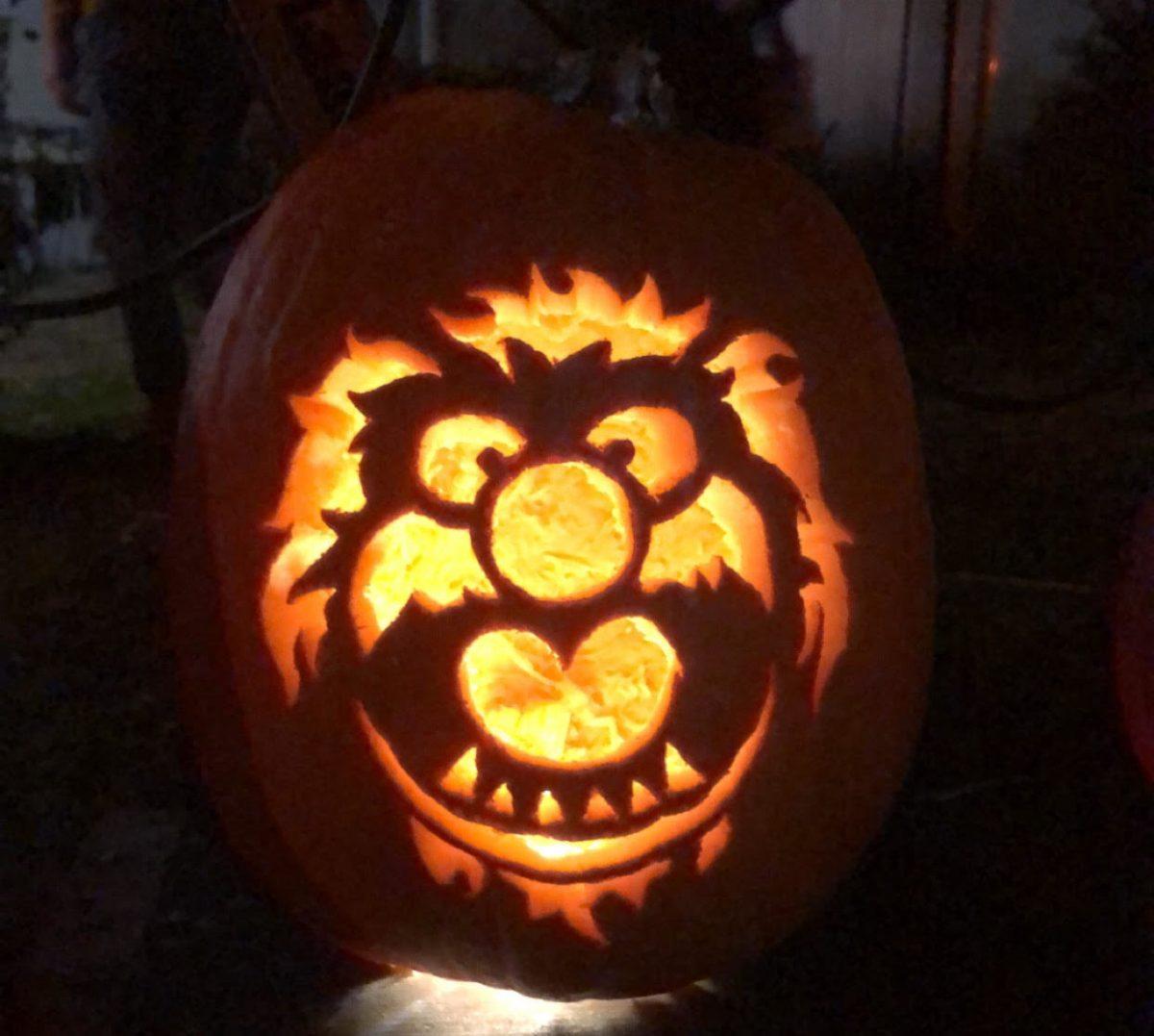It’s that time of year again, when people dress up as anything they can imagine, kids look for candy at every door they knock on and college students find parties to celebrate the spookiest holiday of the year.
That’s right: it’s Halloween, and whether you want to cozy up and watch horror films and classic Halloween movies, or go out and live it up with friends, it seems that over years and years, the origins of the holiday have been lost to popular memory.
Is Halloween really the devil’s birthday, as some people who abstain from the festivities claim?
The short answer is no. But to fully understand the origins of Halloween, looking for the long answer is essential.
Halloween has its roots in the Celtic holiday Samhain, a holiday celebrated mostly in what is now Ireland during the years just before the A.D.s hit.
Samhain, which is pronounced SAA-wn, was originally a day on which the Celts believed that the dead came back to Earth and that it was easier for the priests of their society, Druids, to make predictions because of these spirits’ presence.
In light of this, the ancient Celts used this day, which was in fact Oct. 31, to build huge sacred bonfires, dress in animal “costumes” and tell each others’ fortunes.
Then came the Romans, who conquered most of the areas formerly controlled by the Celts. While they held that land over the course of some 400 years, the Romans combined the native holiday of Samhain with their own festivals.
The first of these festivals was Feralia, which was a celebration of those who had died. This was a very similar sentiment to that of Samhain, in that the dead and their spirits were commemorated.
The other festival was one celebrating the Roman goddess of fruit and trees, Pomona. There is a belief that since Pomona’s symbol was the apple, her part in Halloween could have been preserved by the somewhat popular bobbing for apples activity.
Following the entrance of the Romans to the scene, Christianity became prevalent throughout Europe. As this occurred, a number of changes were made that affected the now-combined Roman and Celtic holiday of Samhain.
The pre-existing Christian holiday of All Saints’ Day, then known as All Martyrs Day, was rescheduled to Nov. 1. Later on, Nov. 2 was established as All Souls’ Day. It was created in a move generally considered to be an attempt by the Church to erase and replace Samhain, since it was similarly celebrated with bonfires and costumes.
All Saints’ Day, also known as All-hallows, was preceded by All-hallows eve and celebrated on the original Samhain date of Oct. 31. All-hallows eve evolved over time into what we now know as Halloween.
Jumping forward to the colonial period of the United States, All-hallows eve traditions were brought over from Europe and mainly celebrated in the southern, less conservatively religious areas (aka not New England).
The holiday once again morphed itself due to the introduction of different cultures and belief systems, which led to the celebration of the harvest and autumn in general, as well as the creation of “play parties.” These parties were reminiscent of Samhain traditions in that stories of the dead and fortunes were told, and song and dance were involved.
Over the centuries since America was a British colony, All-hallows eve shifted more from fortune telling and scary stories to a celebration of community and togetherness, now seen in the form of trick-or-treating and parties. Though fright is still a large part of the holiday, it’s now more in the spirit of having fun rather than as a legitimate warning of what spirits may be lurking in the shadows.
As is evident, Halloween has an extensive history, summarized as briefly as possible above. Though certain people may despise the holiday for “being the devil’s birthday,” you can rest assured that it’s actually a time for remembering not only the dead, as in the early Samhain, but that as a community we can take the time to come together and have fun.
Whether it be at a party or bundled up in a blanket and your comfiest pajamas watching a scary movie, you can have fun doing these things with others and celebrating the true meaning of Halloween: community.
For comments/questions about this story, email [email protected] or tweet @TheWhitOnline.

























































































































































!["Working with [Dr. Lynch] is always a learning experience for me. She is a treasure,” said Thomas. - Staff Writer / Kacie Scibilia](https://thewhitonline.com/wp-content/uploads/2025/04/choir-1-1200x694.jpg)









































